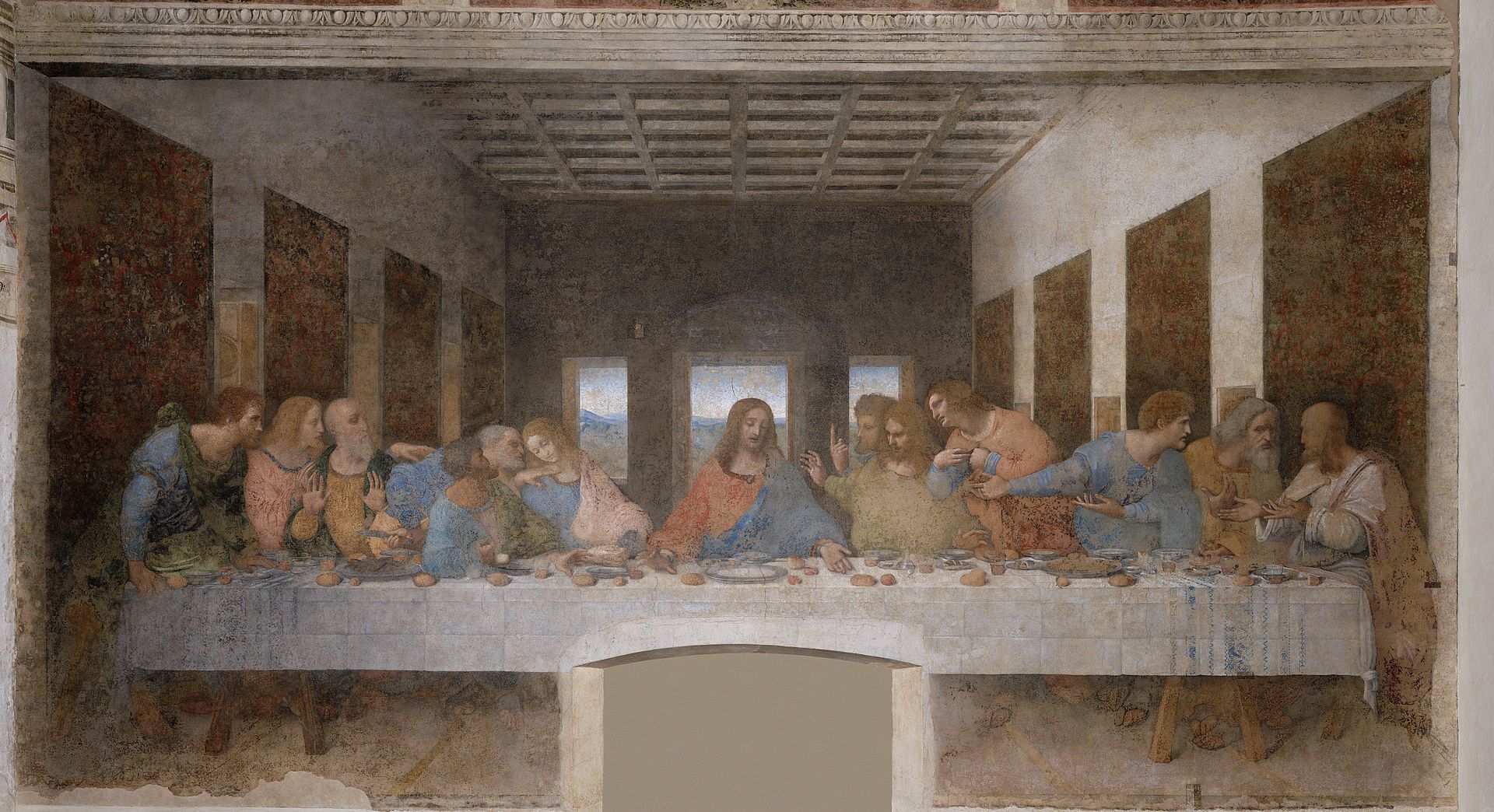Throughout the New Testament are expressions using the word “wilderness”. Like most people during my Bible studies, I never thought that this word might have deeper meaning than that of place far from civilization where “wild” is the key. As my own esoteric studies have progressed, I have realized that these expressions, like the rest of the esoteric New Testament, have a much deeper meaning than merely “uncivilized”. (The following are Revised Standard Version; thanks to www.biblehub.com for the concordance):
- Matthew 3:3 For this is he who was spoken of by Isaiah the prophet, saying, “The voice of one crying in the wilderness, make ready the way of the Lord. Make his paths straight.”
- Matthew 4:1 Then Jesus was led up by the Spirit into the wilderness to be tempted by the devil.
- Matthew 11:7 As these went their way, Jesus began to say to the multitudes concerning John, “What did you go out into the wilderness to see? A reed shaken by the wind?
- Matthew 15:33 And his disciples say unto him, Whence should we have so much bread in the wilderness, as to fill so great a multitude?
- Mark 1:3 The voice of one crying in the wilderness,’Make ready the way of the Lord! Make his paths straight!'”
- Mark 1:4 John came baptizing in the wilderness and preaching the baptism of repentance for forgiveness of sins.
- Mark 1:12 Immediately the Spirit drove him into the wilderness.
- Mark 1:13 He was there in the wilderness forty days tempted by Satan. He was with the wild animals; and the angels were serving him.
- Mark 8:4 And his disciples answered him, From whence can a man satisfy these men with bread here in the wilderness?
- Luke 3:2 in the high priesthood of Annas and Caiaphas, the word of God came to John, the son of Zacharias, in the wilderness.
- Luke 3:4 As it is written in the book of the words of Isaiah the prophet, “The voice of one crying in the wilderness,’Make ready the way of the Lord. Make his paths straight.
- Luke 4:1 Jesus, full of the Holy Spirit, returned from the Jordan, and was led by the Spirit into the wilderness
- Luke 5:16 And he withdrew himself into the wilderness, and prayed.
- Matthew 3:1 In those days, John the Baptizer came, preaching in the wilderness of Judea, saying …
- John 1:23 He said, “I am the voice of one crying in the wilderness, ‘Make straight the way of the Lord,’ as Isaiah the prophet said.”
- John 3:14 As Moses lifted up the serpent in the wilderness, even so must the Son of Man be lifted up,
- John 6:31 Our fathers ate the manna in the wilderness. As it is written,’He gave them bread out of heaven to eat.'”
- John 6:49 Your fathers ate the manna in the wilderness, and they died.
These are just a few of many possible examples. If we approach these from an esoteric perspective that the human being is indeed comprised of body, soul, and spirit, then we can use “wilderness” not only figuratively but also literally to mean the physical body. For example, at the baptism, the Holy Spirit descended and remained upon Jesus of Nazareth. Thus, a new spirit entered Jesus’ body. A new spirit entered humanity. In becoming Man and then becoming the Son of Man, this spirit had to go from the “civilized” spiritual world into the physical world where bodily influences stream into the soul. Thus, immediately after the baptism, this holy spirit was driven into the body, the wilderness. Now in entering the “wilderness”, the body, Christ Jesus was exposed to human temptations.
Taking this further, we can deepen our understanding of manna from above as well as the meaning of bread. One of Jesus’ temptations was to turn stone into bread. What happens in the process from grain to bread? Seeds are not much different from little stones. What is the difference? Could you tell the difference if handed two objects that looked alike, one a real seed and one an imitation? Again, what is the difference? Life! Life becomes awakened through warmth and air and water, the three elements “above” the element earth. When we make bread, we crush the grain. It is then mixed with water and warmth and the leavening adds air. Bread represents the body that has been “crushed”, that is, worked upon by oneself.
In esoteric traditions, the human is described to have three interpenetrating bodies: a physical body, a life body, and an astral body (where our light shines, the seat of our soul). Note, only the physical body is comprised of minerals and obeys physical laws. Now, check out the occurrences of Three Loaves in a concordance such as here. Now we understand what was meant by “three loaves”! Now we can begin to grasp one of the “I am” sayings, namely, (John 6:35 ) “Then Jesus declared, I am the bread of life.” And from this we have an insight into the Last Supper and the Mystery of Golgotha,
Lastly, “as Moses lifted up the serpent in the wilderness, even so must the Son of Man be lifted up,” The Serpent is Lucifer, the light bearer. Moses accomplished something in the body. No longer were we to be driven by our passions, our emotions, our animalistic tendencies. What came through our senses could now be met with wisdom, wisdom raised up in the body. Now, what was done via wisdom is to be done via love. Spiritual Civilization will come to our three bodies if we will it.
